

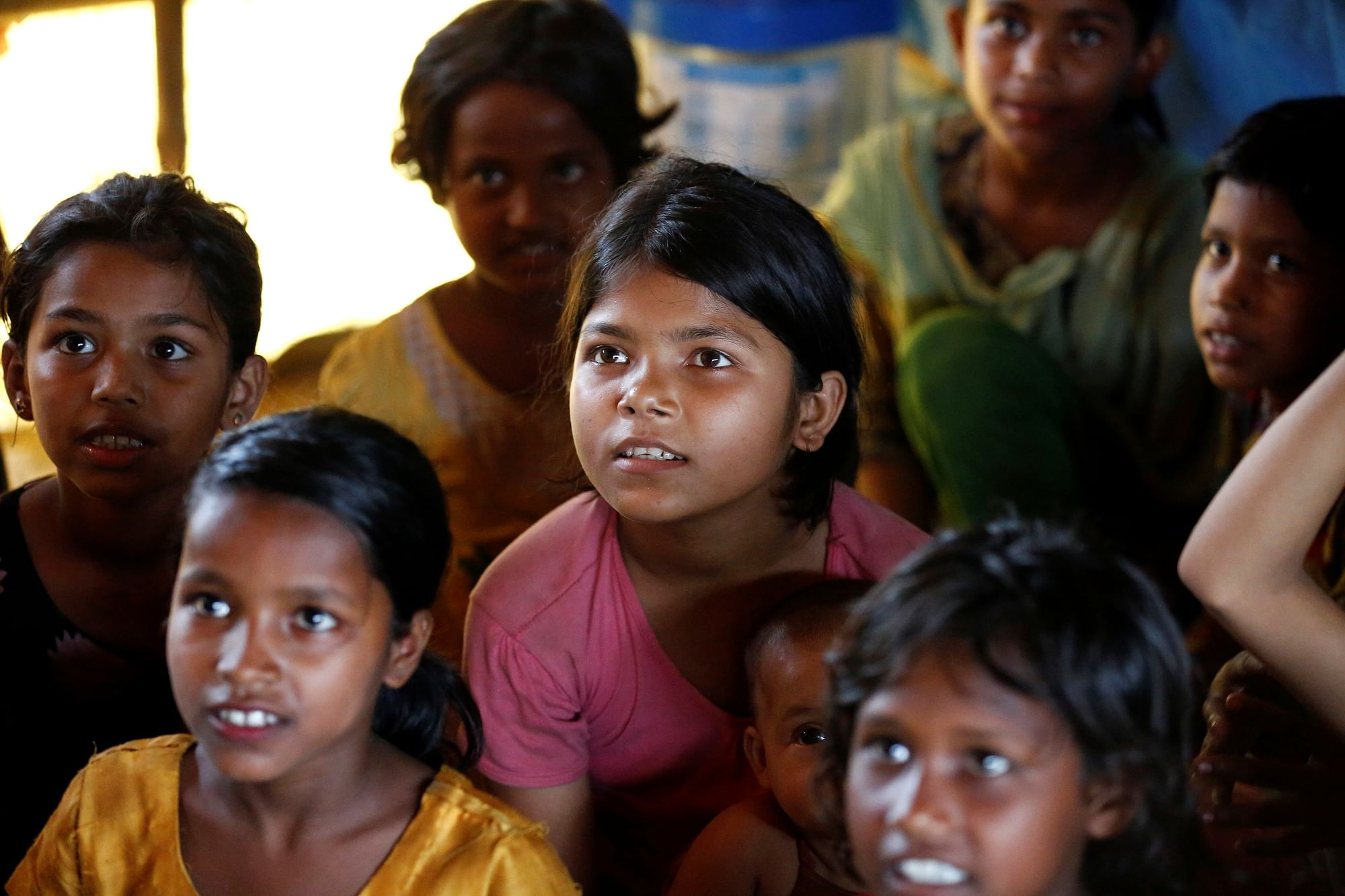
The Supreme Court, in a public interest litigation, has sought information on the residential status of Rohingya refugee families in India. The court emphasized that education should be provided to all children without discrimination, but first needed to determine the families' status of residence. The court is also open to considering the issue of access to public hospitals for the Rohingya community. Senior Advocate Colin Gonsalves, representing the petitioners, provided the court with information on the number of refugee families in specific areas but was asked to provide more details and proof of residence.
Rohingya Refugee Crisis: India's Response
The Rohingya are a predominantly Muslim ethnic group from Myanmar's Rakhine State. They have faced decades of persecution, discrimination, and violence, including ethnic cleansing campaigns by the Myanmar military. In recent years, hundreds of thousands of Rohingya have fled to neighboring countries, seeking refuge from the atrocities committed against them.
India's Role
India is one of the countries that has hosted a significant number of Rohingya refugees. While India has not signed the 1951 Refugee Convention or its 1967 Protocol, it has a tradition of providing sanctuary to persecuted minorities. However, the influx of Rohingya has put a strain on India's resources and raised concerns about national security.
In recent months, the Indian government has taken steps to regulate the presence of Rohingya refugees in the country. In 2017, the Ministry of Home Affairs issued an advisory asking state governments to identify and deport illegal Rohingya migrants. In 2019, the government announced a plan to deport around 40,000 Rohingya refugees to Myanmar, despite concerns raised by human rights groups about their safety.
Supreme Court Intervention
In response to the government's actions, several public interest litigations (PILs) have been filed before the Supreme Court of India. The petitions challenge the government's deportation plans and demand protection and rights for the Rohingya refugees.
In one of the PILs, the Supreme Court directed the government to provide information on the residential status of Rohingya refugee families in India. The court also emphasized that education should be provided to all children without discrimination, but first needed to determine the families' status of residence.
Top 5 FAQs
1. What is the current status of the Rohingya in India?
The estimated number of Rohingya refugees in India varies, with estimates ranging from 40,000 to over 100,000. The majority are living in refugee camps or informal settlements in states such as Jammu and Kashmir, West Bengal, Delhi, and Hyderabad.
2. What are the challenges faced by Rohingya refugees in India?
Rohingya refugees in India face a range of challenges, including lack of legal status, discrimination, language barriers, and limited access to healthcare and education. They are often vulnerable to exploitation and abuse, particularly women and children.
3. What is the government of India's stance on the Rohingya refugees?
The Indian government has a complex and evolving stance on the Rohingya refugees. While it has not signed the Refugee Convention, it has provided sanctuary to Rohingya for several decades. However, recent government actions have indicated a shift towards a more restrictive approach.
4. What are the implications of the Supreme Court's intervention?
The Supreme Court's intervention is significant as it provides a legal framework for the protection of Rohingya refugees in India. The court's directions to the government to provide information on their status and to ensure their access to education are important steps towards recognizing their rights.
5. What can be done to address the Rohingya refugee crisis?
Addressing the Rohingya refugee crisis requires a multipronged approach. India should continue to provide sanctuary to Rohingya refugees, while also working with the international community to find a durable solution to the crisis. This includes supporting efforts to create safe conditions for the Rohingya to return to Myanmar with dignity and security.
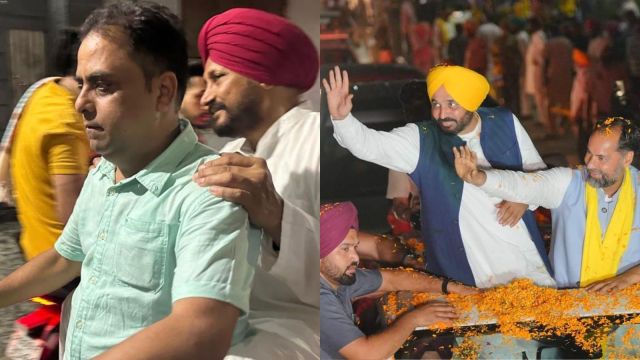
BJP MP Nishikant Dubey has caused a stir with his sharp allegations against the Supreme Court, accusing the apex court of inciting anarchy and religious wars in India. This came on the heels of Vice President Jagdeep Dhankhar's remarks about Article 142 being a "nuclear missile" against democratic forces. The opposition Congress claims that this is part of a larger effort to weaken the Supreme Court's authority.
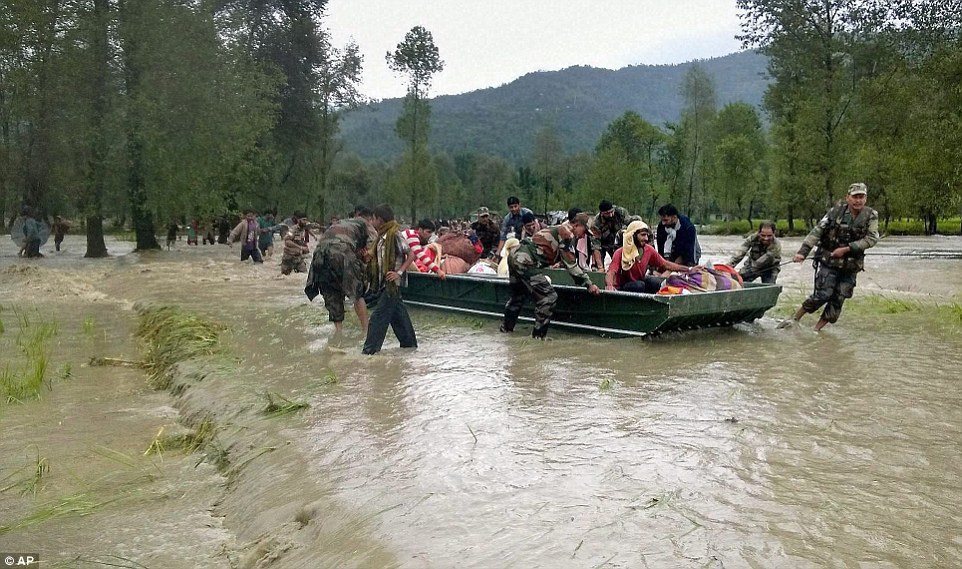
In the wake of the tragic landslide and flash floods in Ramban, Jammu and Kashmir Chief Minister Omar Abdullah has expressed his deep sorrow over the loss of lives and destruction of property in the Union Territory. He also announced plans to review the ongoing restoration efforts later in the day. This natural calamity has once again highlighted the vulnerability of the region and the urgent need for sustained disaster management measures.
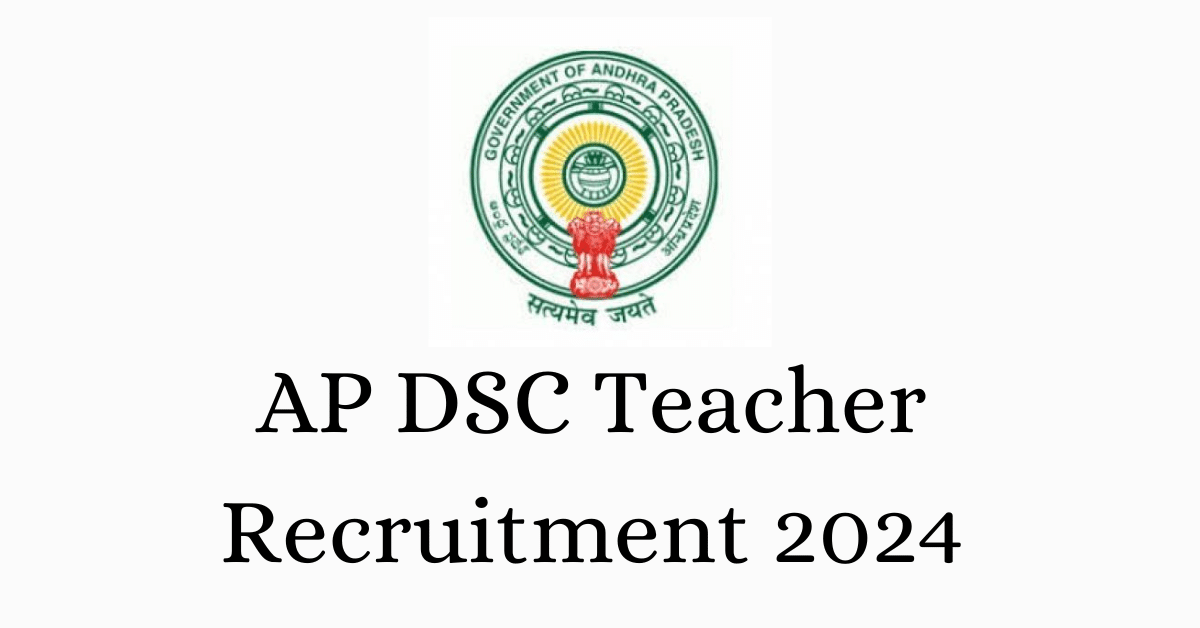
In a major development, the Andhra Pradesh government has announced the recruitment of 16,347 teachers through the Mega DSC (District Selection Committee). Aspiring teachers can submit their applications online from April 20 to May 15 through the official website–apdsc.apcfss.in. The computer-based tests for the AP DSC Recruitment will be held from June 6 to July 6. This move fulfills the election manifesto promise of the ruling TDP-led NDA government in the run-up to the 2024 polls. Aspirants are advised to stay updated on the official website for further updates on the recruitment process.
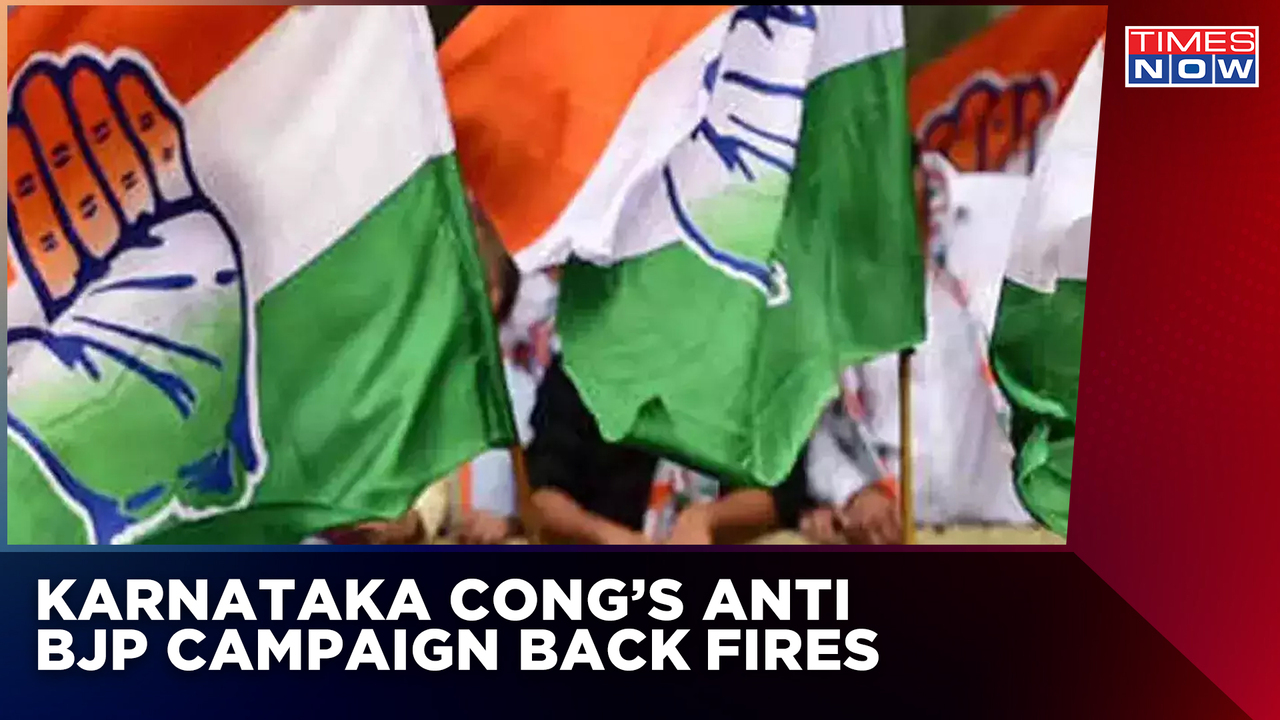
BJP President JP Nadda took to Twitter to clarify that the party does not endorse the recent statements made by two of its leaders, Nishikant Dubey and Dinesh Sharma, regarding the judiciary and Chief Justice of India Sanjiv Khanna. Nadda emphasized that the party has always respected the judiciary and its decisions and does not agree with or support such comments. He also directed all party members to refrain from making such statements in the future. Meanwhile, Dubey has accused the CJI of causing civil wars and the Supreme Court of overstepping its authority, leading to a heated controversy within the party.
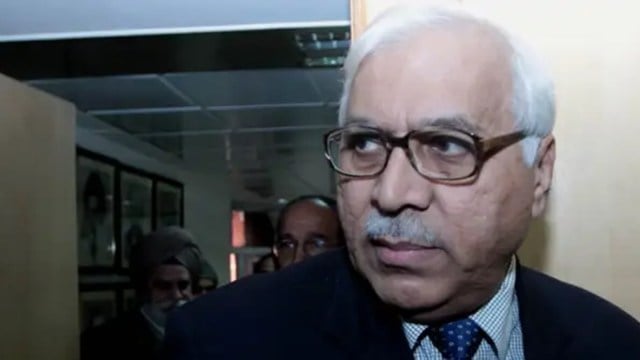
BJP Lok Sabha member Nishikant Dubey has called out former Chief Election Commissioner S.Y. Quraishi, claiming he acted as a "Muslim commissioner" instead of an election commissioner during his tenure. Dubey cited the case of Jharkhand's Santhalpargana, where he alleged that Quraishi allowed the registration of a large number of Bangladeshi infiltrators as voters. This accusation comes after Quraishi criticized the Wakf Act, calling it a ploy by the government to take control of Muslim lands. Dubey responded by presenting historical evidence of a village in India that was burned down in 1189 by invaders.

BJP president J P Nadda has distanced his party from the statements made by BJP MPs Nishikant Dubey and Dinesh Sharma against the judiciary and CJI Sanjiv Khanna. Nadda emphasized that the BJP respects the judiciary and its role in upholding the Constitution of India. He also instructed the MPs to refrain from making such statements in the future. This comes after Dubey had accused the Supreme Court of inciting religious wars in the country and declared that it was responsible for all civil conflicts.
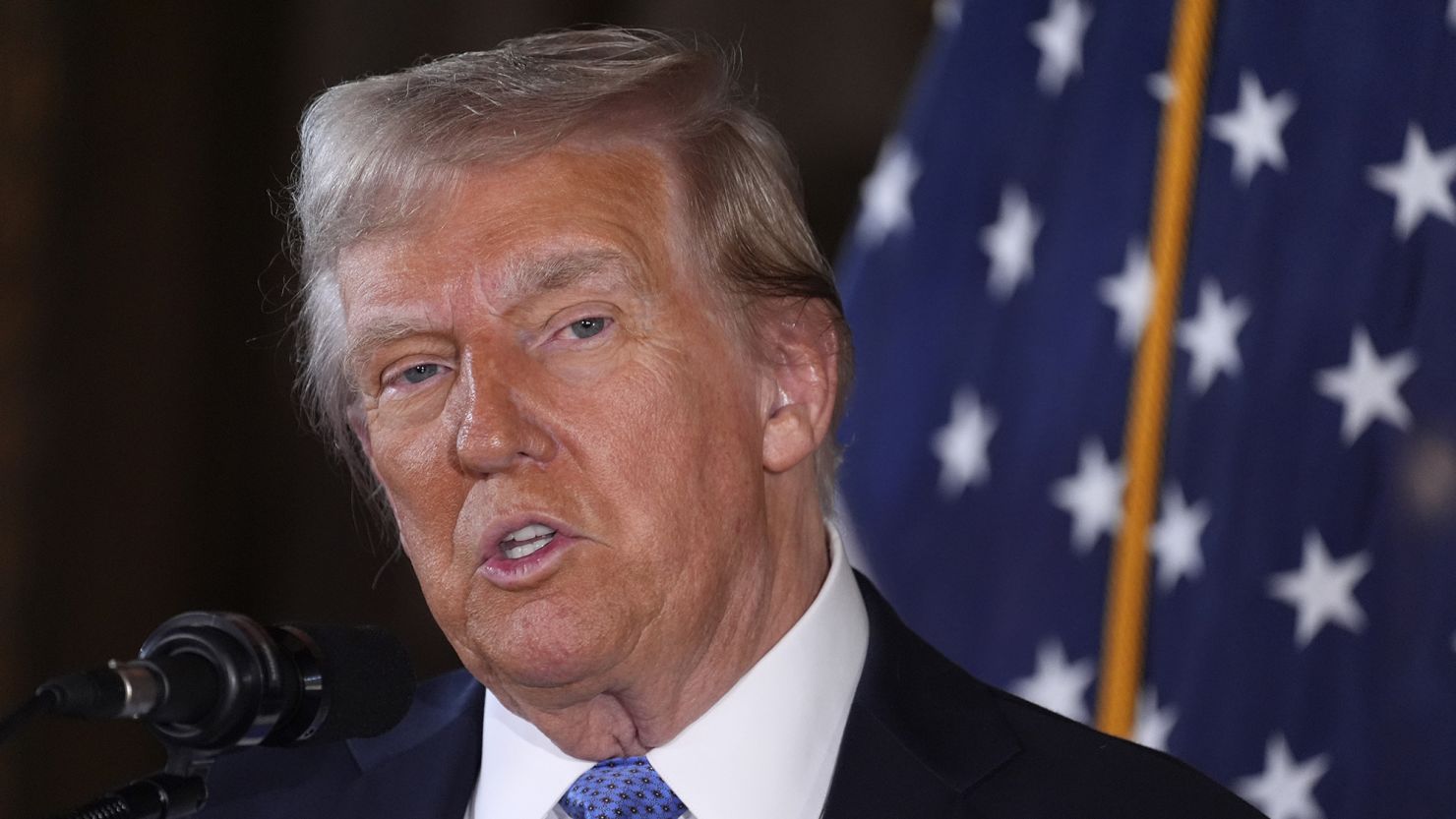
President Donald Trump has taken to the social media platform Truth Social and issued a White House statement recognizing the importance of Holy Week and Easter for Christians. He wished believers a happy holiday and called for the protection of religious liberty in public policy. Trump also reflected on the significance of Jesus' sacrifice on the cross and the promise of everlasting life through his resurrection.
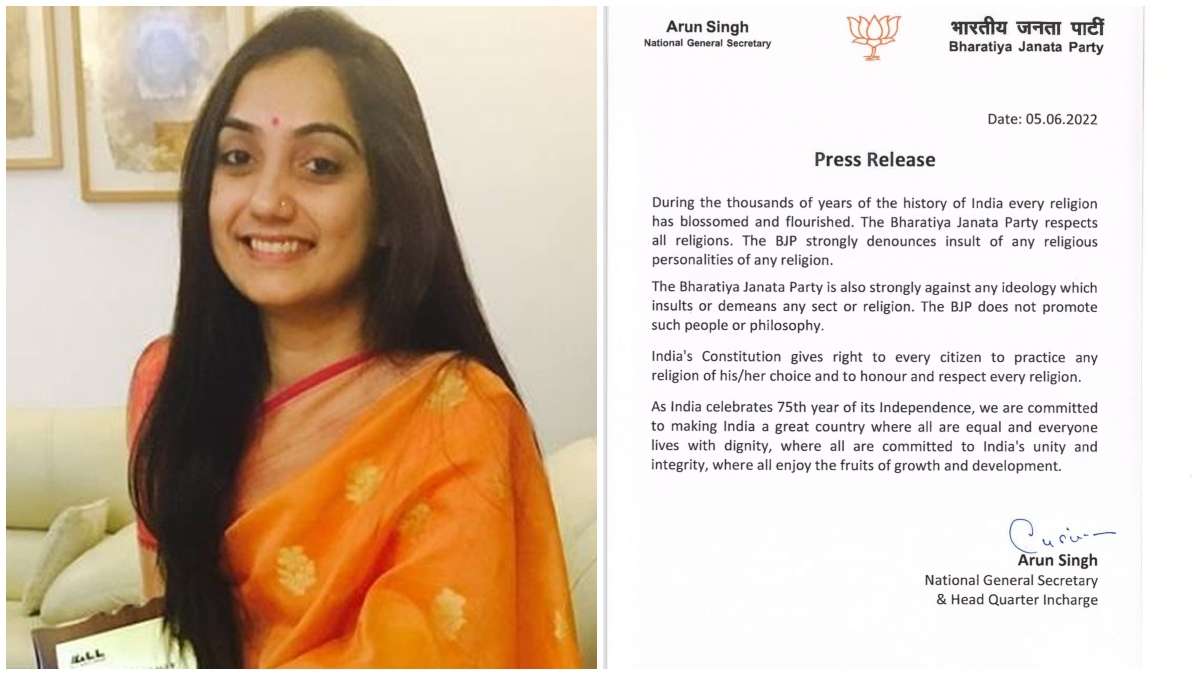
BJP National President JP Nadda stated that the party does not endorse the personal views expressed by BJP MPs Nishikant Dubey and Dinesh Sharma on the judiciary and the Chief Justice of India. The party reaffirmed its respect for the judiciary and its belief in the strengthening of democracy through the courts. Nadda also instructed the MPs to refrain from making such statements in the future.
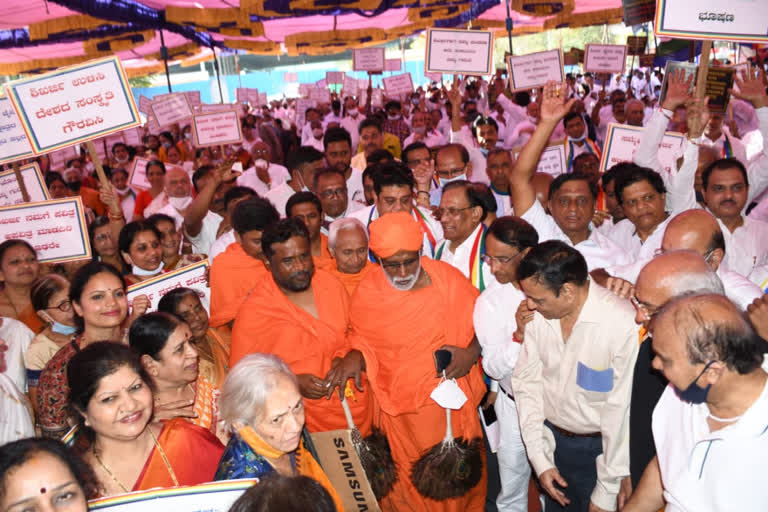
In a show of strong unity and determination, thousands of Jains from Mumbai took to the streets to protest against the proposed demolition of a 90-year-old Jain temple by the BMC. Political figures such as Minister of Skill Mangal Prabhat Lodha and Vile Parle MLA Parag Alavani joined the rally in solidarity with the community. The protest halted after the BMC agreed to remove debris, signaling a potential resolution to the issue.

In his speech during the ongoing Budget session, Prime Minister Narendra Modi commended the efforts of Indian citizens in making the Maha Kumbh a successful event, citing its record-breaking attendance of 66 crore devotees. He also acknowledged the unity in diversity seen at the event, which reflected India's strength. However, the Congress criticized PM Modi for not addressing the stampede deaths that occurred during the Maha Kumbh.